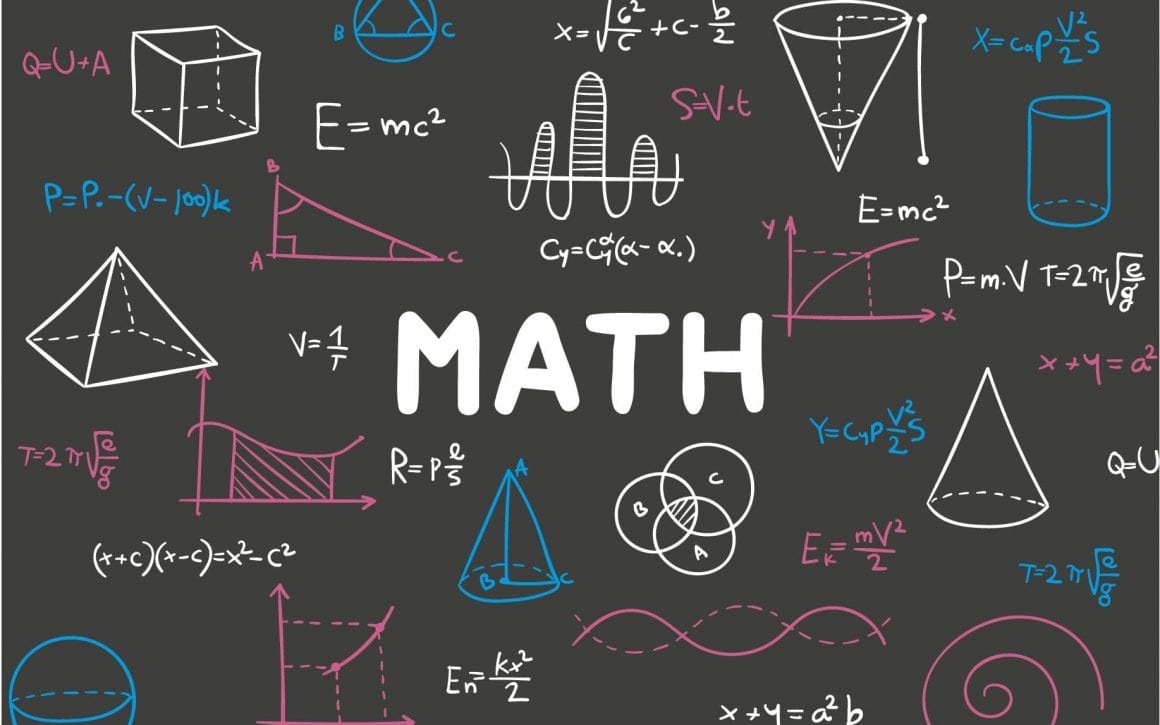
Mathematics has been important in human culture for thousands of years. It began in ancient civilizations like Greece, Mesopotamia, and Egypt.
Over time, great mathematicians have created new ideas and methods that have changed how we understand the world.
Here’s a list of five greatest mathematicians of all time.
Isaac Newton
Isaac Newton is widely regarded as the most renowned and celebrated mathematician in history, remembered for his pioneering contributions to mathematics and his profound impact on physics, optics, and astronomy.
Newton’s impact on mathematics is vast and profound. Credited with co-inventing calculus independently of Leibniz, Newton utilized this mathematical tool to construct a framework for comprehending the physical universe.
His groundbreaking work laid the cornerstone for classical mechanics, enabling precise predictions regarding the dynamics of objects in motion.
Leonhard Euler
Leonhard Euler, a prominent Swiss mathematician, physicist, astronomer, logician, and engineer, achieved significant and enduring breakthroughs across various mathematical disciplines. His contributions encompassed pivotal advancements in infinitesimal calculus and graph theory, alongside pioneering developments in topology and analytic number theory.
Euler also revolutionized mathematical language and symbolism, notably introducing essential concepts and notations, including the fundamental idea of mathematical functions as we understand them today.
He reportedly wrote more than 800 papers during his lifetime.
Archimedes
Archimedes, regarded as one of history’s most celebrated mathematicians and scientists, was born in Syracuse, Sicily, during the 3rd century BCE. His profound contributions spanned multiple disciplines, including mathematics, physics, engineering, and astronomy.
Beyond his revolutionary advancements in calculus, Archimedes left an indelible mark on the field of geometry. His achievements included the creation of the Archimedean Spiral and the formulation of several critical methods for calculating areas and volumes of diverse geometric figures.
Euclid
Euclid, an ancient Greek mathematician and philosopher, is revered as one of the most influential figures in the history of mathematics. He pioneered a systematic method for mathematical proofs, establishing the fundamental principles of modern geometry through his seminal work, Elements.
Euclid’s work concentrated on foundational elements such as points, lines, angles, and the concept of parallelism. He formulated crucial principles concerning circles, triangles, quadrilaterals, proportionality, and the notion of incommensurable magnitudes.
Euclid’s enduring contributions have profoundly shaped the development of geometry throughout history, remaining essential to the study of mathematics today.
Srinivasa Ramanujan
Srinivasa Ramanujan, born in 1887 in Erode, India, was a self-taught mathematician renowned for his remarkable contributions to mathematical analysis, number theory, infinite series, and continued fractions.
Despite receiving little formal training in pure mathematics, Ramanujan produced a wealth of original theorems and ideas that continue to inspire mathematicians today. His untimely death at the age of 32 did not diminish his enduring legacy in mathematics.
Disclaimer
Comments expressed here do not reflect the opinions of Vanguard newspapers or any employee thereof.